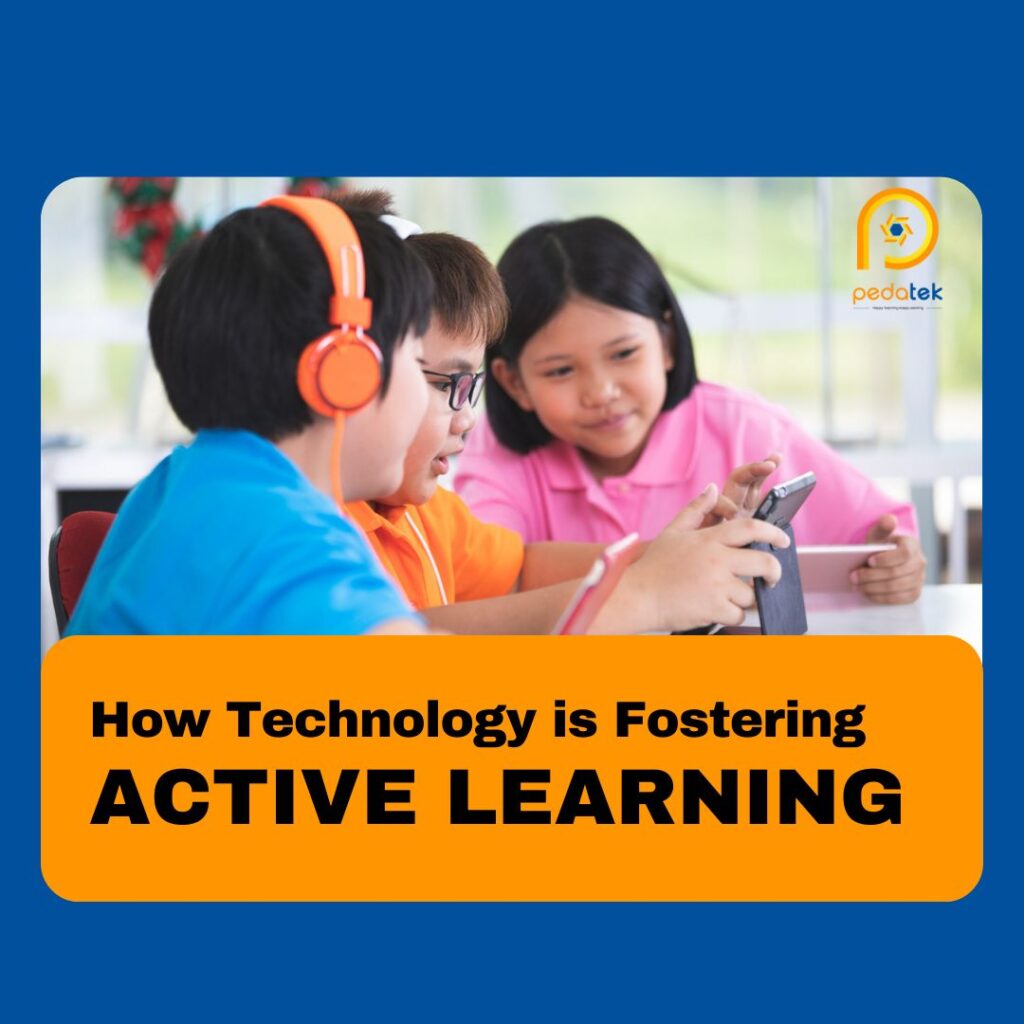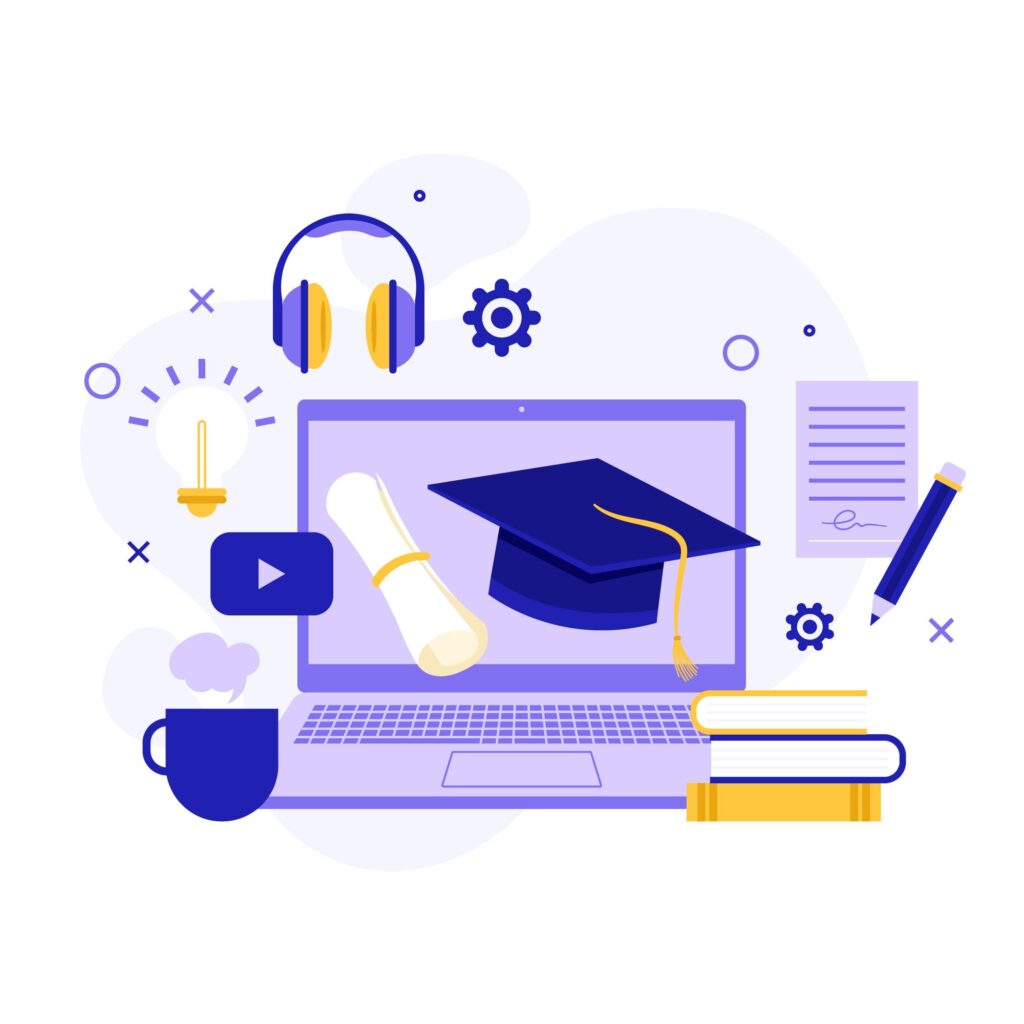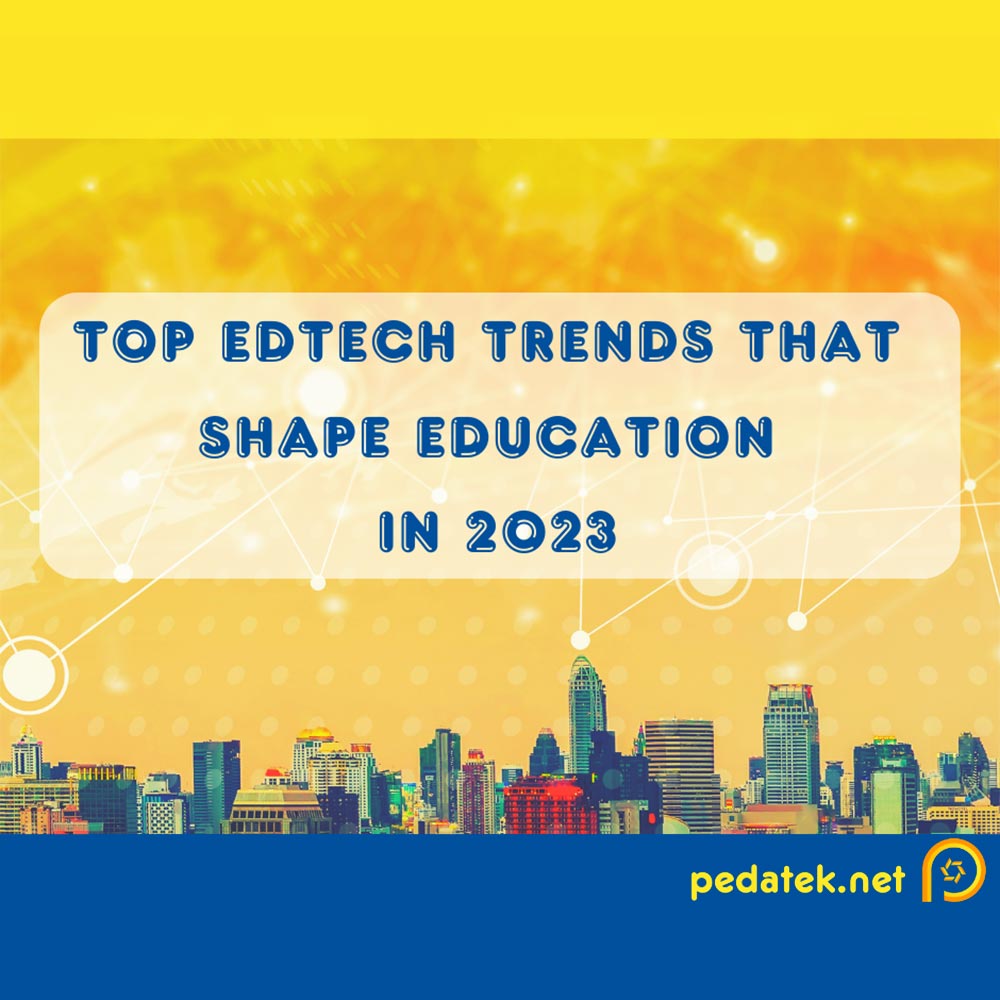AI-Powered Personalization: Revolutionizing Learning
Artificial Intelligence (AI) has evolved from a futuristic concept to a transformative force in education, playing an integral role in the modern learning environment. By utilizing machine learning algorithms and data analytics, AI-driven chatbots are now able to provide students with real-time assistance, answering queries, and offering explanations on complex topics. For example, platforms like Carnegie Learning employ AI to give instant feedback on student’s work, helping them to identify areas for improvement.
Adaptive Learning platforms like Squirrel AI Learning tailor lessons to meet each student’s unique needs, adjusting the difficulty level and content in response to their performance. Educators benefit as well, with AI taking over routine grading tasks, allowing them to focus on more nuanced teaching strategies and personalized support. This synergy of AI technologies creates an enriched, personalized learning experience that caters to individual learning paths and paves the way for innovative pedagogical practices.
Immersive Technologies for Enhanced Learning: The Power of VR and AR
Imagine stepping into the battlefields of the Revolutionary War or walking through the chambers of the human heart. Virtual Reality (VR) and Augmented Reality (AR) are making these educational experiences possible. Schools and universities are increasingly adopting VR to provide lifelike simulations for subjects like history and biology. For example, students can use VR headsets to explore ancient civilizations or examine complex chemical structures, turning abstract concepts into tangible experiences.
AR applications are being used in medical training, allowing students to overlay digital insights on mannequins or even real patients, offering a contextual understanding of anatomy and medical procedures. These technologies create immersive, interactive learning experiences that engage students in ways traditional textbooks never could. By blending the real and virtual worlds, VR and AR not only enrich understanding but also pave the way for extraordinary educational innovations that cater to various learning styles and needs.
Microlearning on the Rise: The Future of Bite-Sized Education
Time is of the essence, and microlearning has emerged as the perfect solution for the modern learner. These bite-sized, on-demand lessons are gaining traction in educational institutions across the globe, catering to the needs of students who juggle multiple responsibilities. For example, many universities are incorporating microlearning modules into their online courses, enabling students to consume content in small, manageable segments. Corporate training programs are also leveraging this approach, providing employees with quick, focused lessons on specific skills or topics.
Mobile applications like Duolingo have utilized the concept of microlearning to offer language lessons in short, interactive sessions, fitting seamlessly into daily commutes or breaks. High schools are experimenting with microlearning for revision materials, delivering key concepts in succinct video formats. With easy access and concise content, microlearning represents not just a growing trend but a response to the demand for flexible, adaptable education that meets the rhythm of our fast-paced lives.
The Power of Social Learning: Building a Collaborative Community
Education today transcends beyond the simple act of absorbing information. It’s about forging connections, fostering collaboration, and facilitating the sharing of ideas and knowledge. One transformative way in which this is occurring is through social learning.
Social learning serves as a dynamic conduit for student engagement, encouraging interactions through a variety of digital mediums. Online forums, for instance, can stimulate academic discussions, enabling students to delve deeper into the course material.
Discussion groups foster brainstorming and problem-solving, where students can collaboratively tackle complex topics. This robust collaboration not only fosters creativity but also enhances comprehension by presenting multiple perspectives. Furthermore, it provides valuable support networks, where students can help and learn from each other, promoting a more inclusive and effective learning environment. In essence, social learning reshapes education into a shared, dynamic experience, underlining the adage that we learn better together.
Emphasizing Personalized Learning: A Tailored Approach to Education
Building on the trend of personalization, education is gravitating towards catering to individual student needs and interests, and nowhere is this more apparent than in the innovative application of AI-driven tools and adaptive platforms. These intelligent systems can analyze students’ learning patterns, strengths, and weaknesses, creating customized lesson plans and exercises that target specific areas for improvement. For example, platforms like Squirrel AI Learning provide personalized tutoring, adjusting content in real-time based on student performance.
Similarly, Carnegie Learning’s MATHia offers math students an adaptive learning experience, where the software continually assesses a student’s skills and modifies lessons accordingly. Educational institutions are also using AI to develop unique career paths for students by analyzing their interests and abilities. This shift emphasizes a more student-centered approach, encouraging ownership of learning and promoting not just academic achievement, but lifelong engagement and success in education.
Developing Emotional Intelligence: A Focus on Empathy and Understanding
In a world where interpersonal skills are paramount, education is now prioritizing emotional intelligence, recognizing its essential role in fostering healthy relationships and effective communication. Schools are implementing programs and curricula dedicated to teaching students to understand and manage their emotions, empathize with others, and apply critical thinking to social situations. For instance, programs like Yale’s RULER approach promote emotional literacy, offering tools and frameworks for recognizing and regulating emotions.
In some schools, educators are integrating mindfulness practices, fostering self-awareness, and empathy. Lessons on conflict resolution and collaboration are woven into various subjects, allowing students to practice these skills in real-time. Corporations are also partnering with educational institutions to offer workshops focusing on emotional intelligence to prepare students for the workforce. This vital skill extends beyond the classroom, equipping individuals with the emotional agility needed for success in both professional and personal realms, reinforcing empathy, resilience, and interpersonal connectivity.
Conclusion
The Top EdTech Trends Shaping Education in 2023 provides a glimpse into the future of learning. Through AI-powered personalization, immersive technologies, microlearning, social collaboration, personalized learning approaches, and a focus on emotional intelligence, education is adapting to the modern world.
These trends offer promising pathways to enhanced learning experiences, ensuring that education remains relevant, engaging, and effective in our ever-changing digital landscape.



